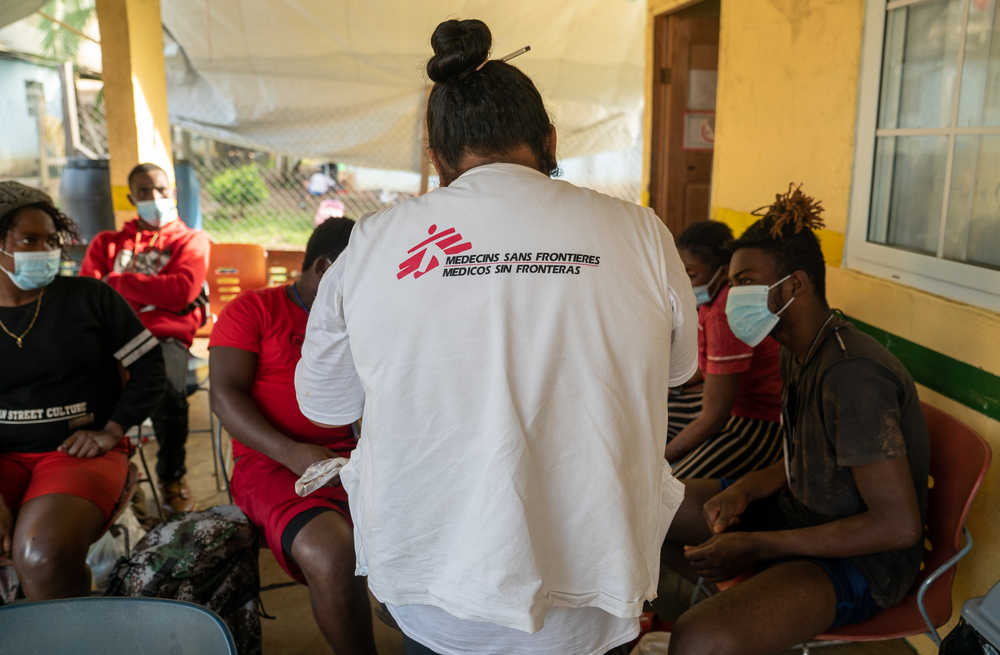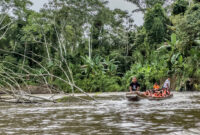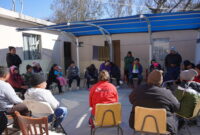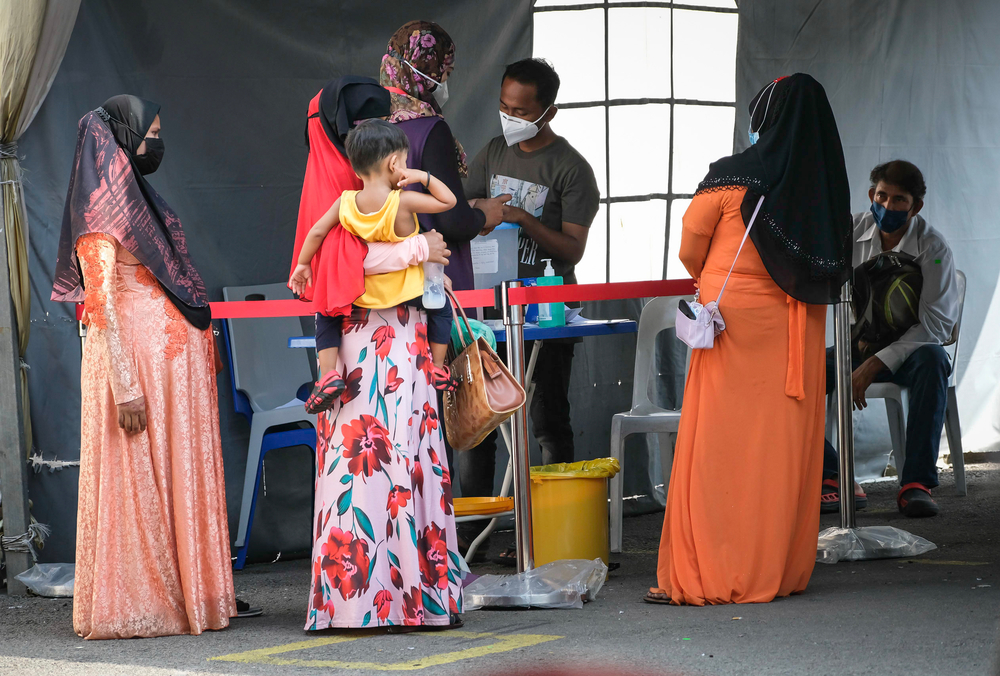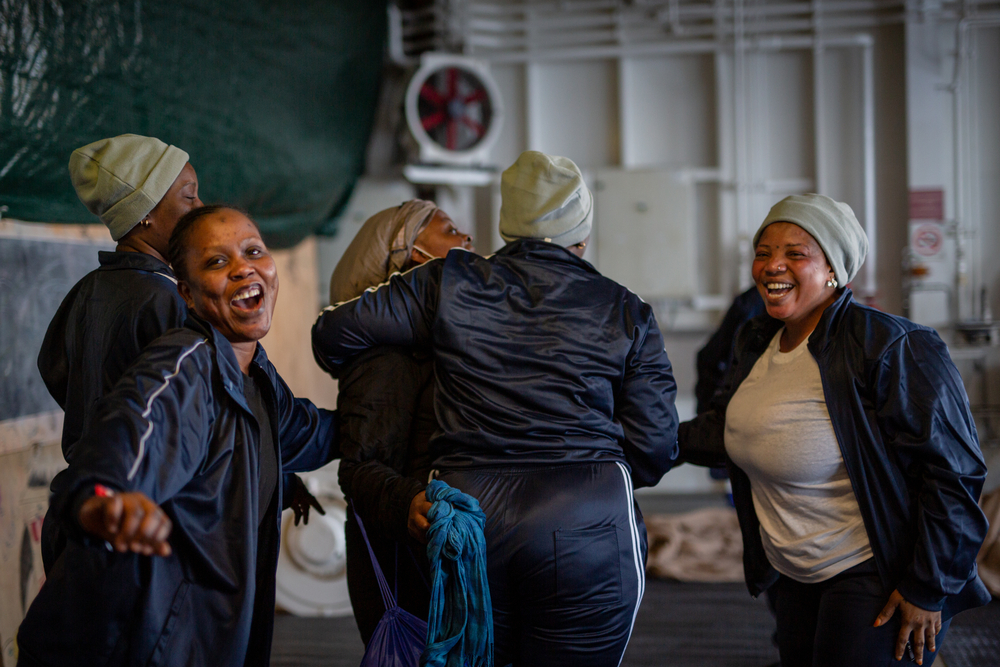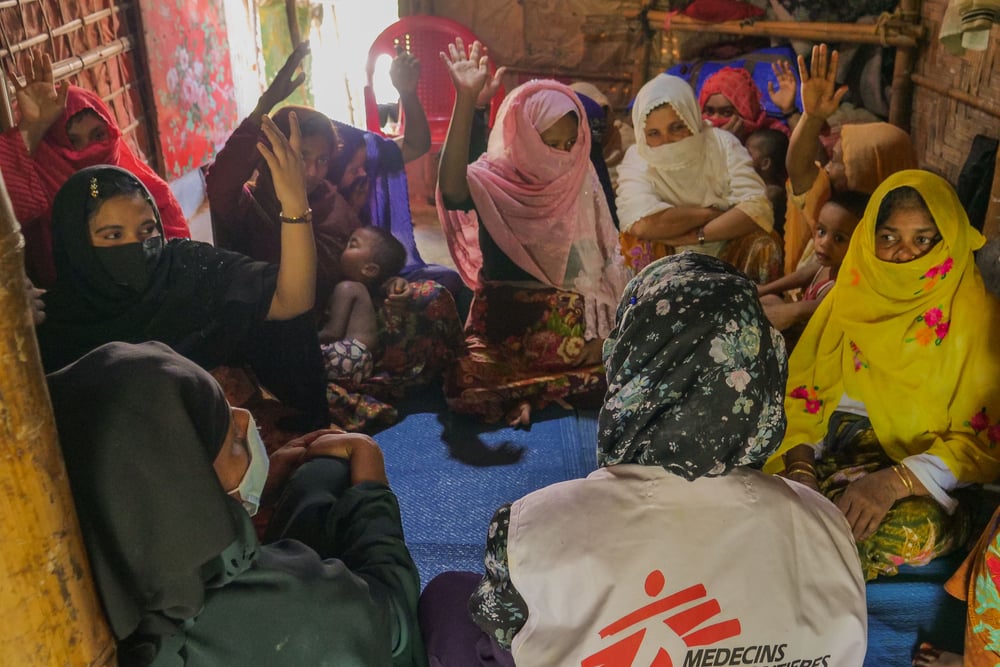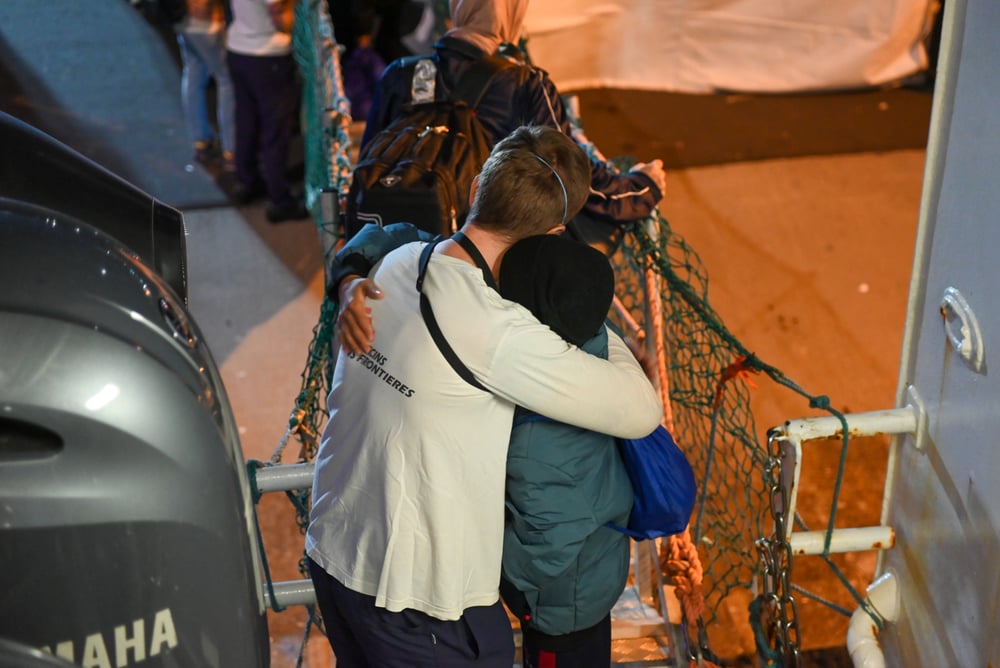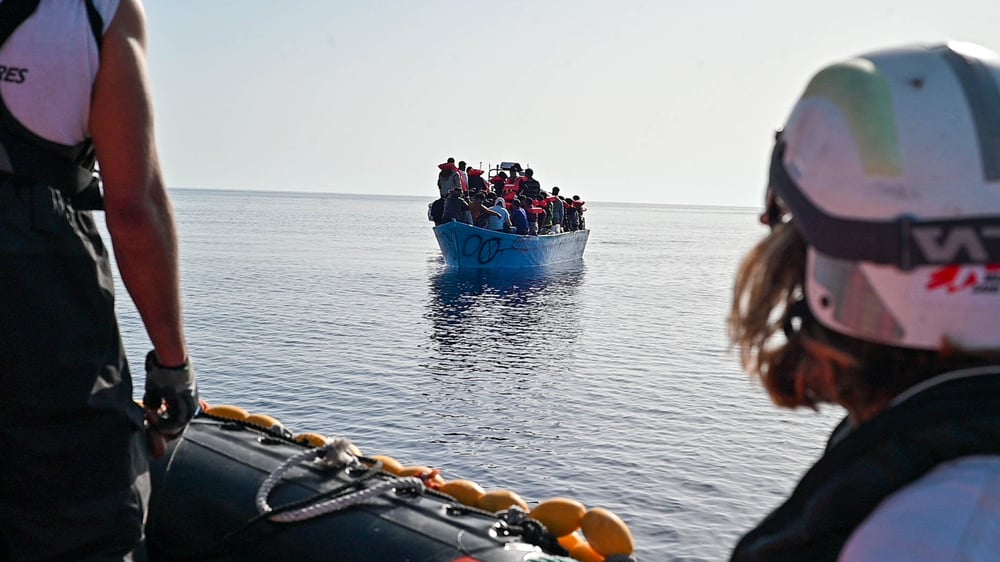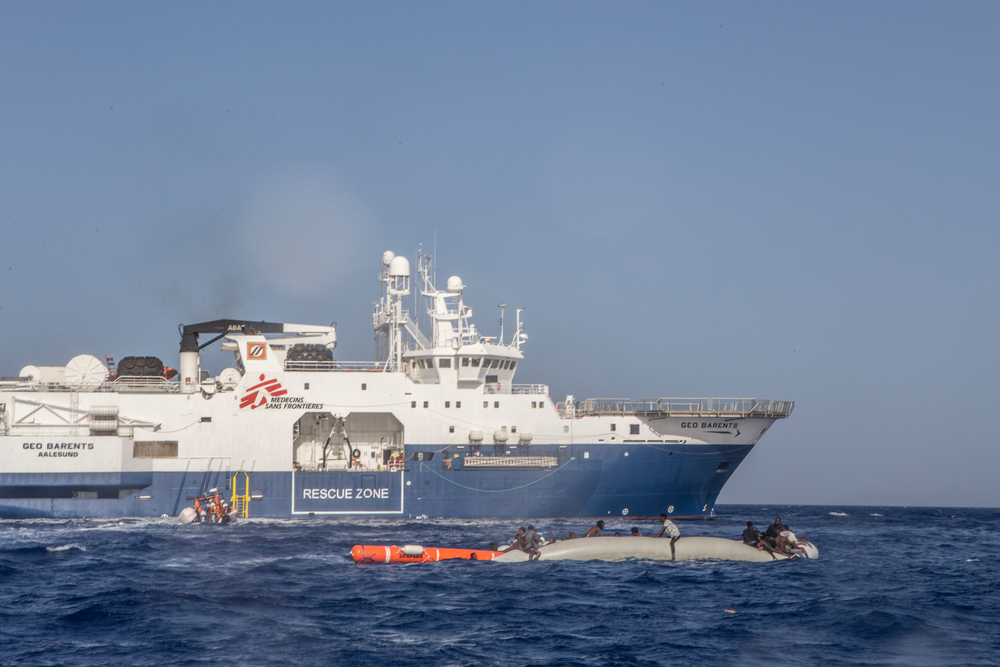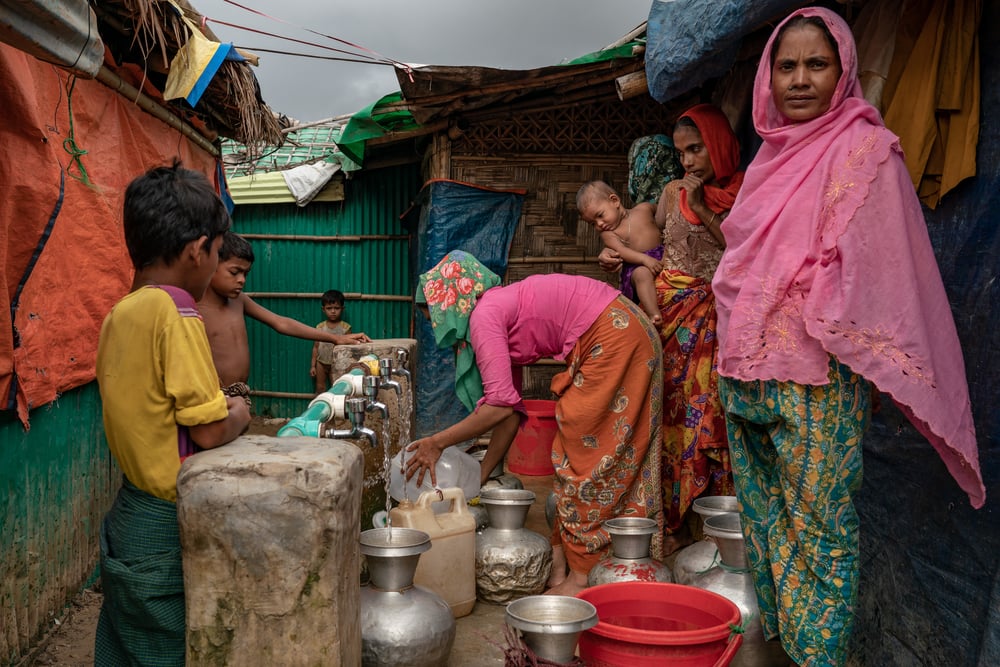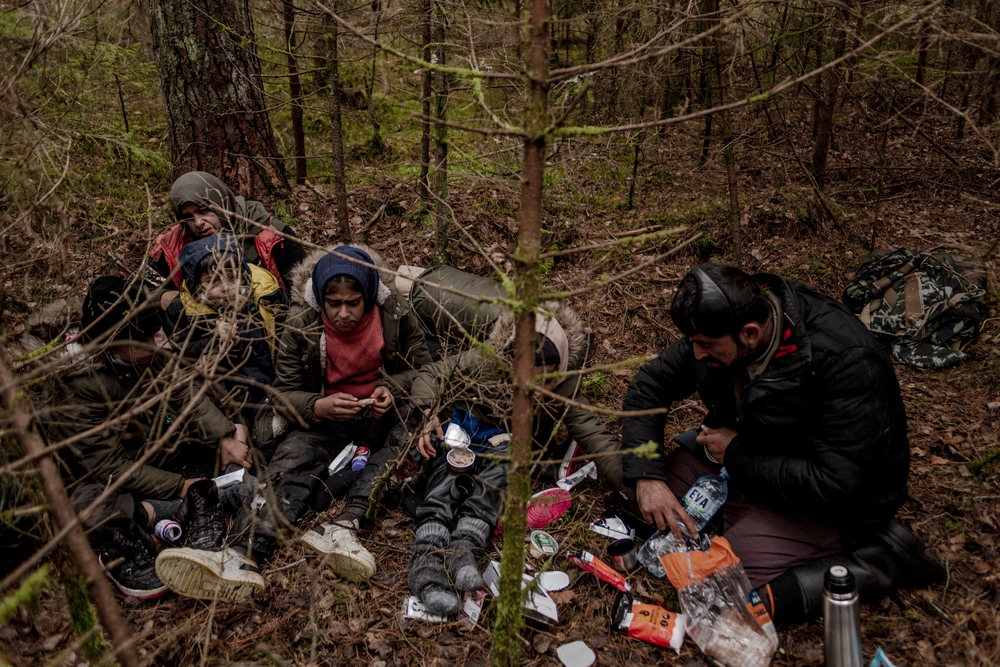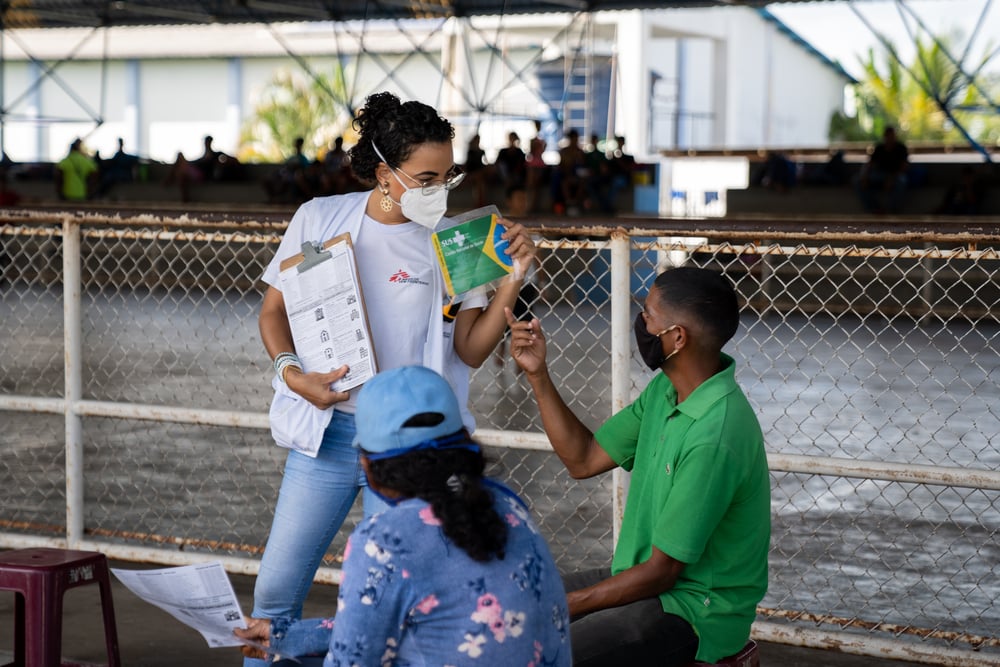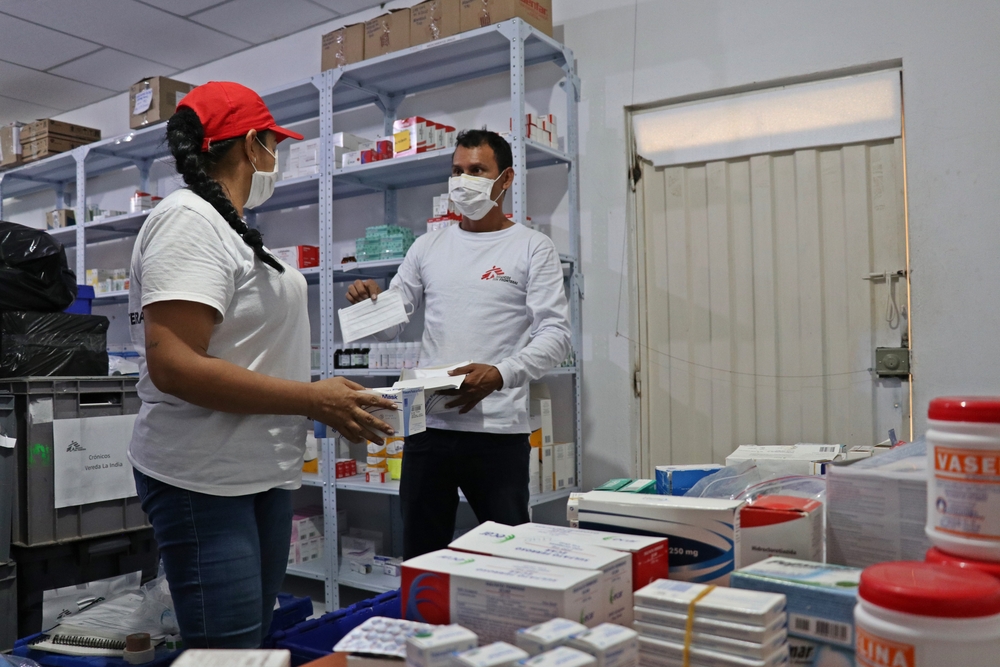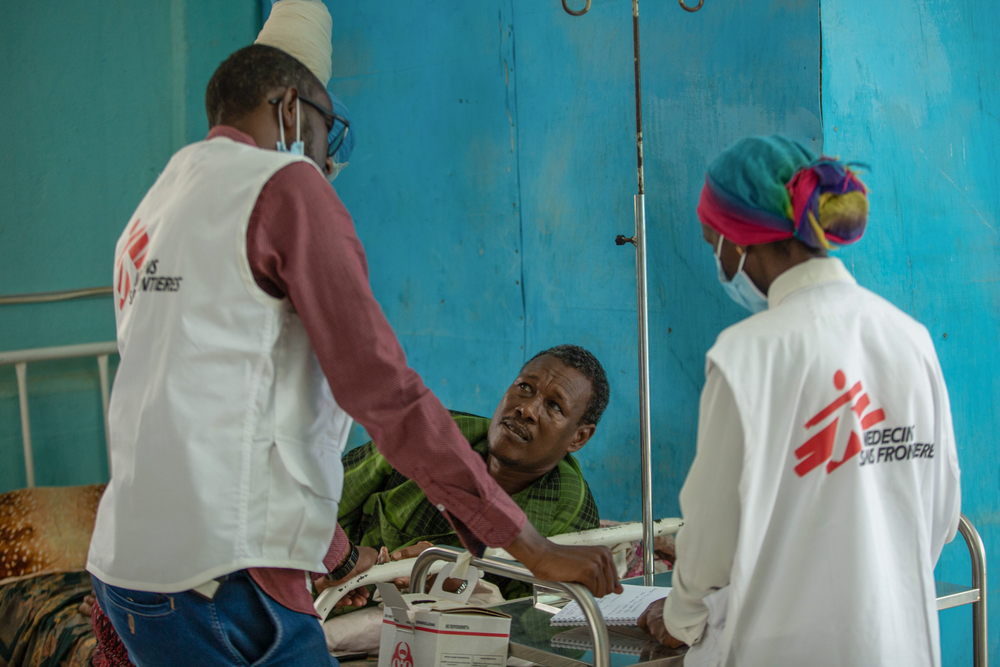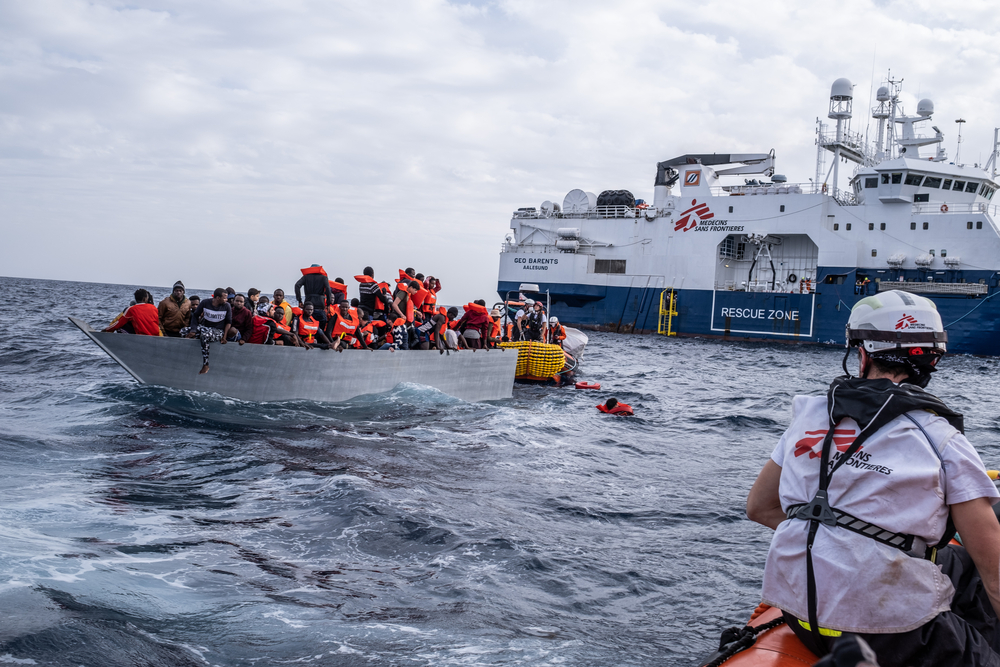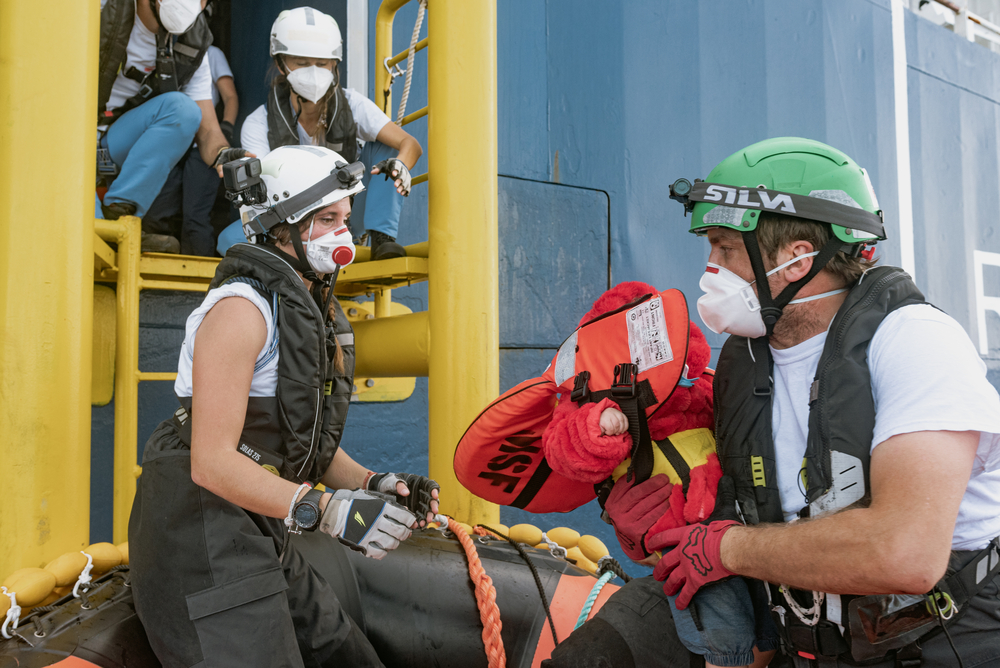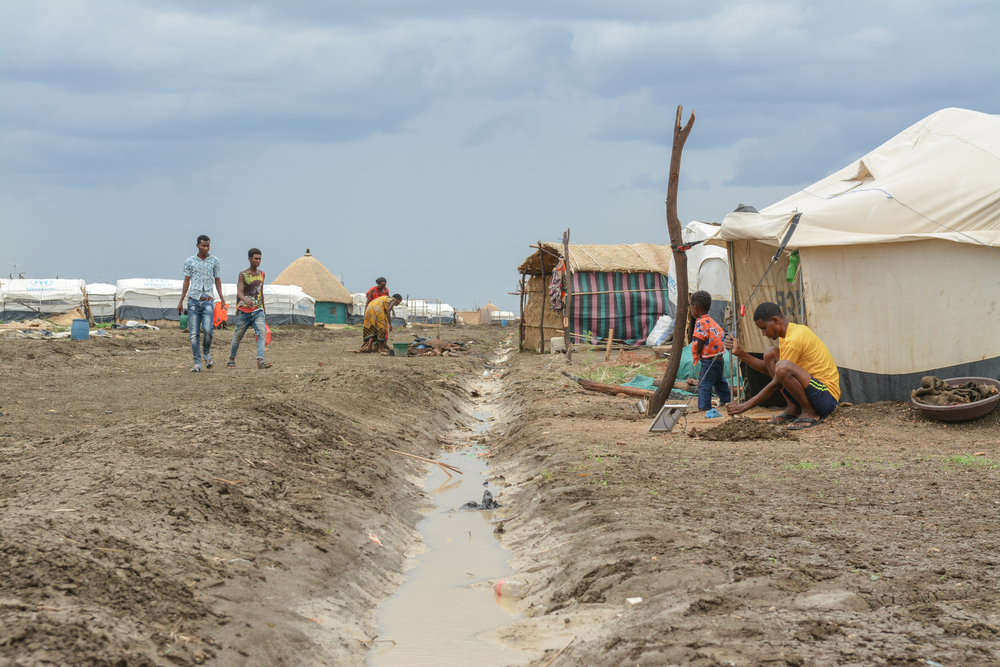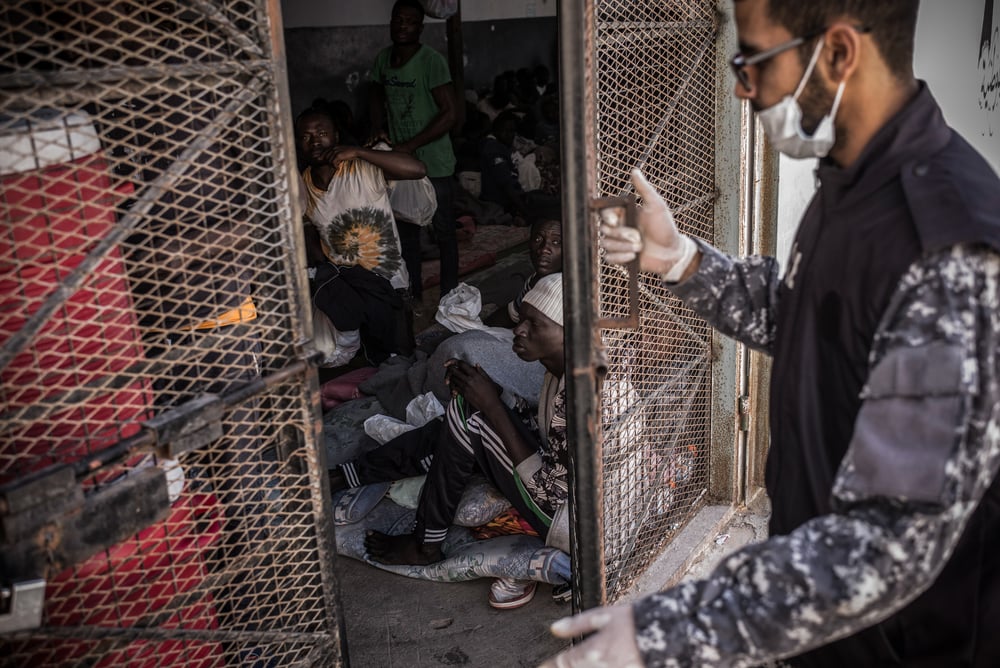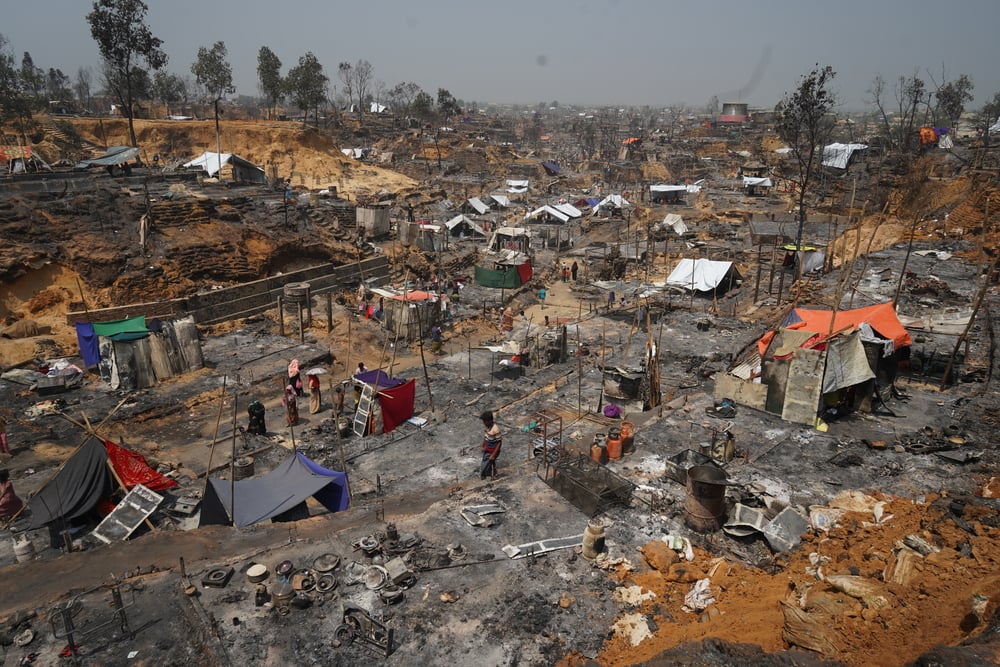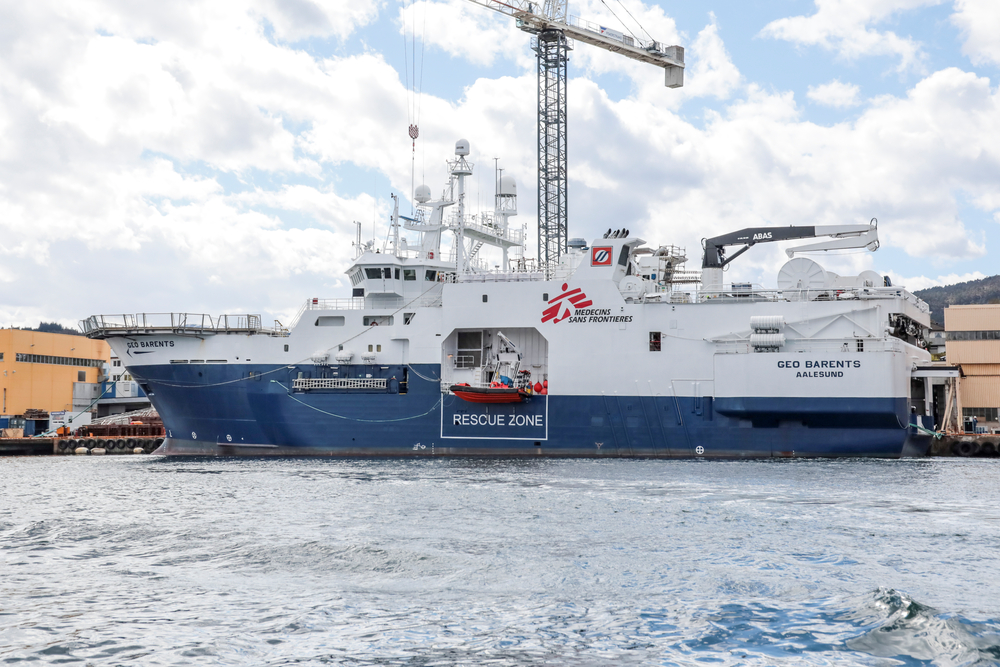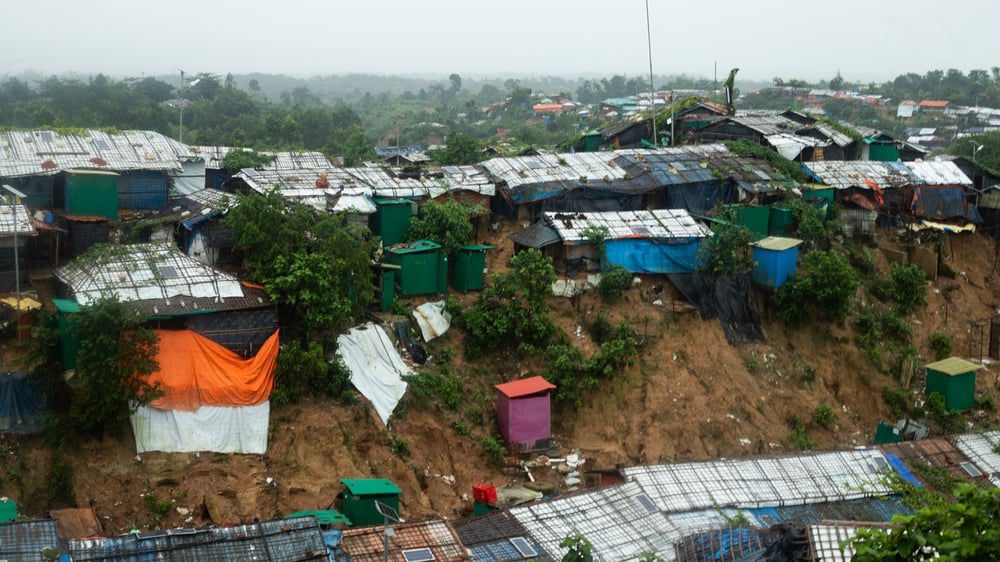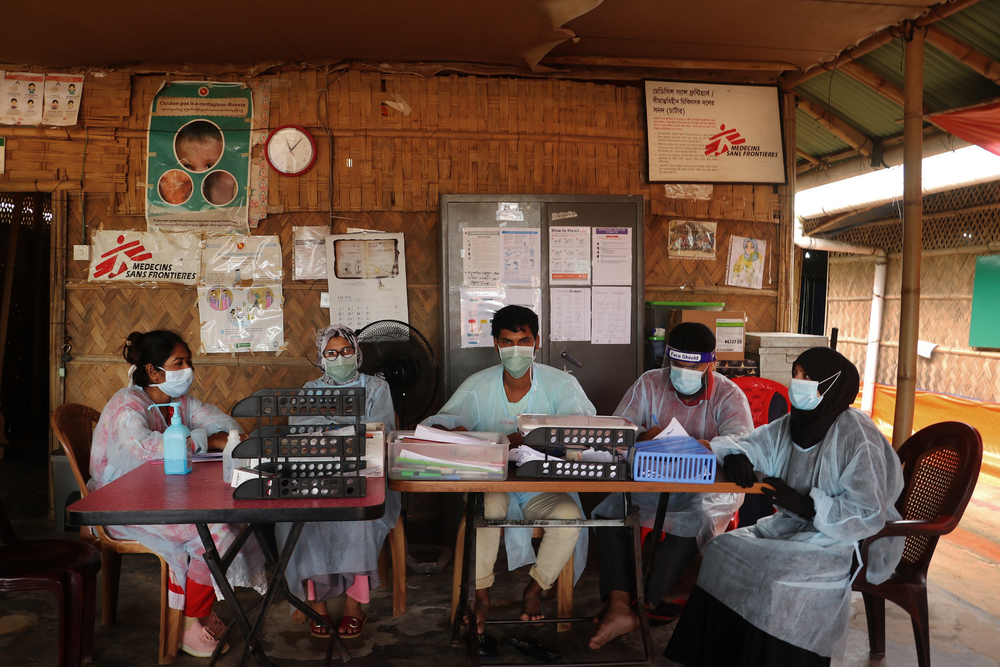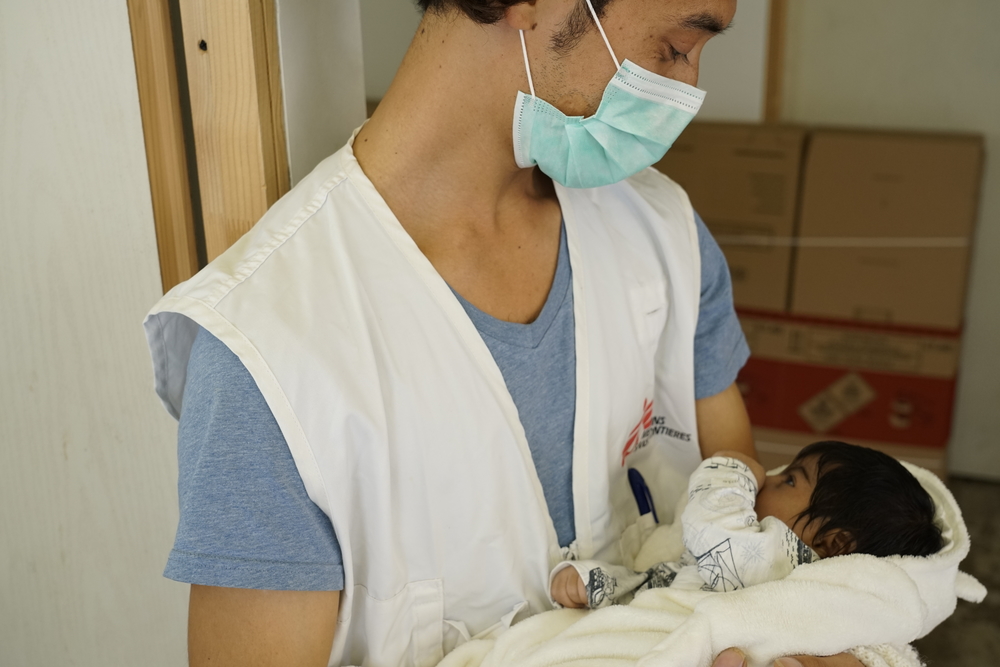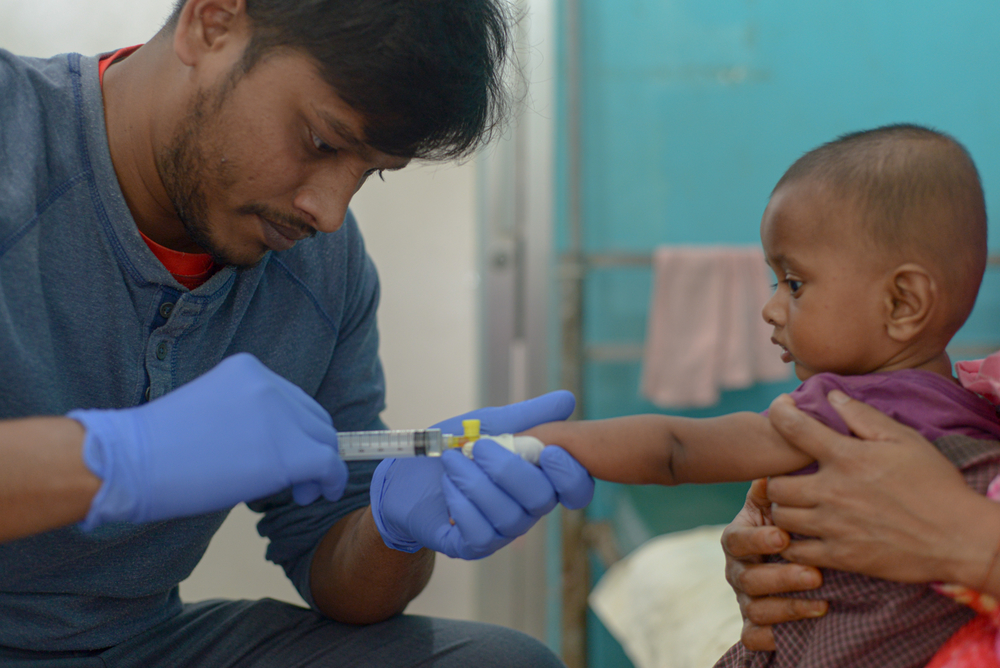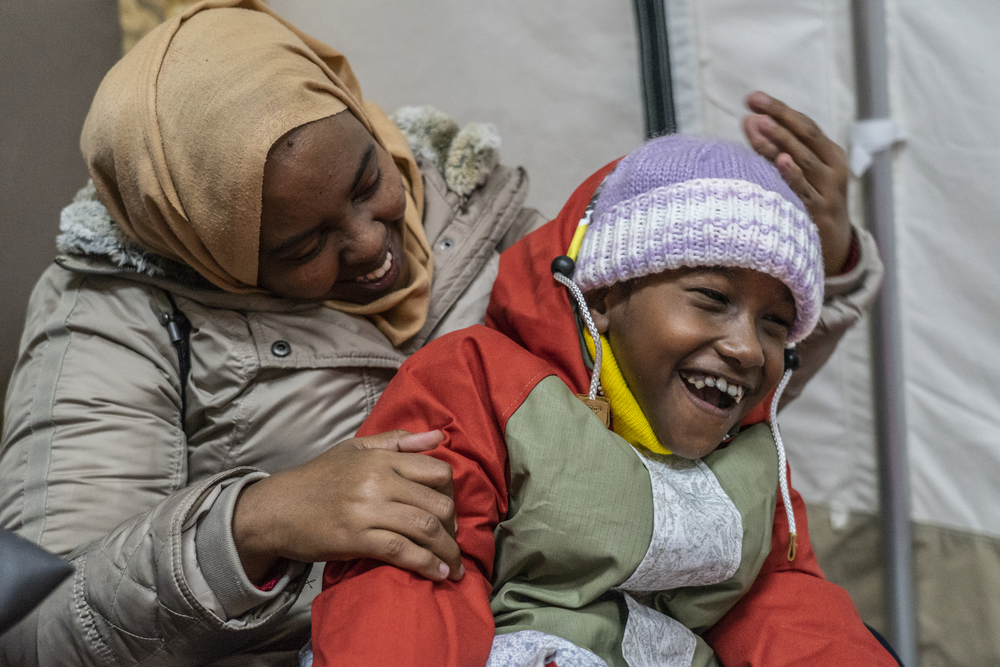Darién Gap, Panama: Violence continues in migrant journeys
Doctors Without Borders/Médecins Sans Frontières (MSF) have now provided 30,000 medical consultations to the people in transit between Colombia and Panama.
Violence continues to stalk migrant groups crossing through the Darién jungle, on the border between Colombia and Panama. These attacks, perpetrated by criminal groups against people crossing the border, are usually extremely violent, and are generally aggravated by sexual assault and rape. MSF is calling for safe migration routes and for regional governments to provide protection from violence for migrant families.
The current high levels of violence come despite a noticeable decrease in attacks for just a few weeks in October, coinciding with a greater presence of troops from SENAFRONT (Servicio Nacional de Fronteras, [National Border Service]) along the route. MSF teams have provided care to 288 victims of sexual assaults since April.
MSF in Bajo Chiquito
MSF medical teams are seeing a slight improvement in recent weeks in the physical state of people crossing the Darién jungle. The Bajo Chiquito community in Panama is offering people the option to do the last stretch of the route in a canoe, so the journey becomes somewhat shorter.
“Migrants who can pay for the service make the journey to Bajo Chiquito, the first community on the Panamanian side, two days shorter,” explains Owen Breuil, MSF field project coordinator in Panama. “This means they don’t arrive in such extreme physical condition as before. But we’re still seeing the tremendous impact the attacks are having on the physical and mental health of the patients we’re caring for.”
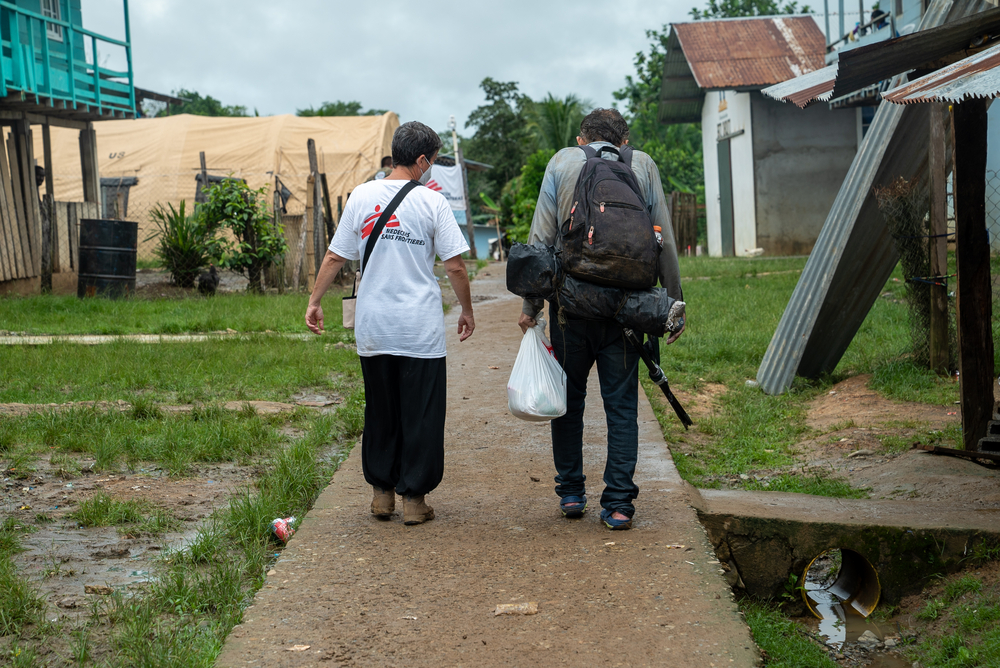
In mid-September and early October, the violence was contained, with a greater presence of SENAFRONT troops in the Darién Gap and the transfer of the prosecutor’s office to Bajo Chiquito.
“This decrease was short-lived, however, and now we’re seeing violence and sexual violence on the rise again,” says Breuil. “We’re therefore renewing our request for safe routes and protection for migrant families along the entire route. We’re talking about a group of people largely made up of families, with pregnant women and children in transit.”
Of the more than 30,000 medical consultations, around 10,000 have been for children or adolescents.
Of the more than 30,000 medical consultations provided to people who have arrived in Bajo Chiquito, Panama, where MSF collaborates with the Ministry of Health, and in the migrant reception centres of Lajas Blancas and San Vicente, around 10,000 consultations have been provided to children or adolescents and around 1,000 to pregnant women. The most common conditions seen by healthcare teams include injuries from falls, skin problems due to stings and bites, and foot problems.
The toll of the pandemic
“The vast majority of migrants we see are families of Haitians who have lived for the last few years in Brazil or Chile,” says Breuil. “Many of them lost their livelihoods due to the pandemic and have been forced to move north in search of opportunities.”
Those moving through the jungle include those who have had to abandon Haiti or the countries where they were residing because of violence, or the economic crisis caused by the COVID-19 pandemic. Policies that criminalise migrants have also pushed people to move.
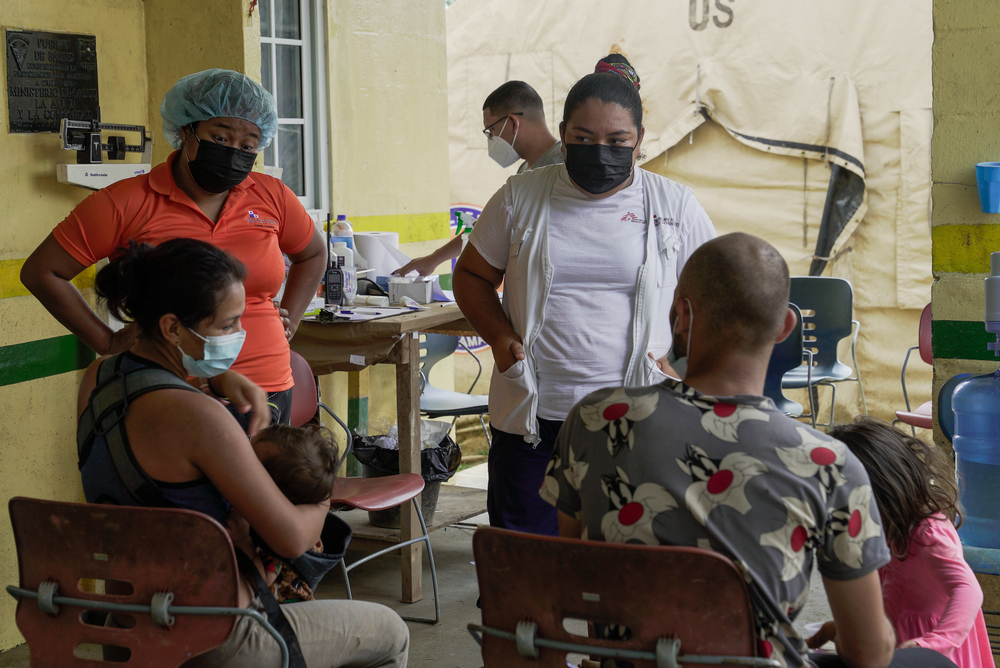
“They have no other alternative than to cross the border between Colombia and Panama,” says Breuil. “They are forced to do so by the most dangerous route, because they cannot pay for other, less exposed, paths.”
Mental health care
In addition to medical care, MSF provides mental health care, which people badly need after their traumatic experiences crossing the jungle. People experience physically gruelling days of traversing perilous terrain, with rivers that suddenly burst their banks, steep slopes and cliffs that are extremely difficult to navigate. They frequently tell of having seen corpses on the route and injured people who have been left behind, unable to continue. In the course of our activities to date, through to early October, we have provided 877 individual mental health consultations, and 3,475 people have participated in group consultations.
In just 10 months of this year, as many migrants have crossed through the Darién jungle as have over the last 11 years.
According to the Panamanian Migration Department, in 2021, 121,737 migrants have entered Panama through the Darién jungle, 29,604 of them in October alone. In just 10 months of this year, as many migrants have crossed through the Darién jungle as have over the last 11 years.
“Free and orderly transit between the two countries is the only sustainable option to guarantee protection for these people,” says Breuil. “We urge for safe routes for migrant families and for regional governments to provide protection from violence.”
